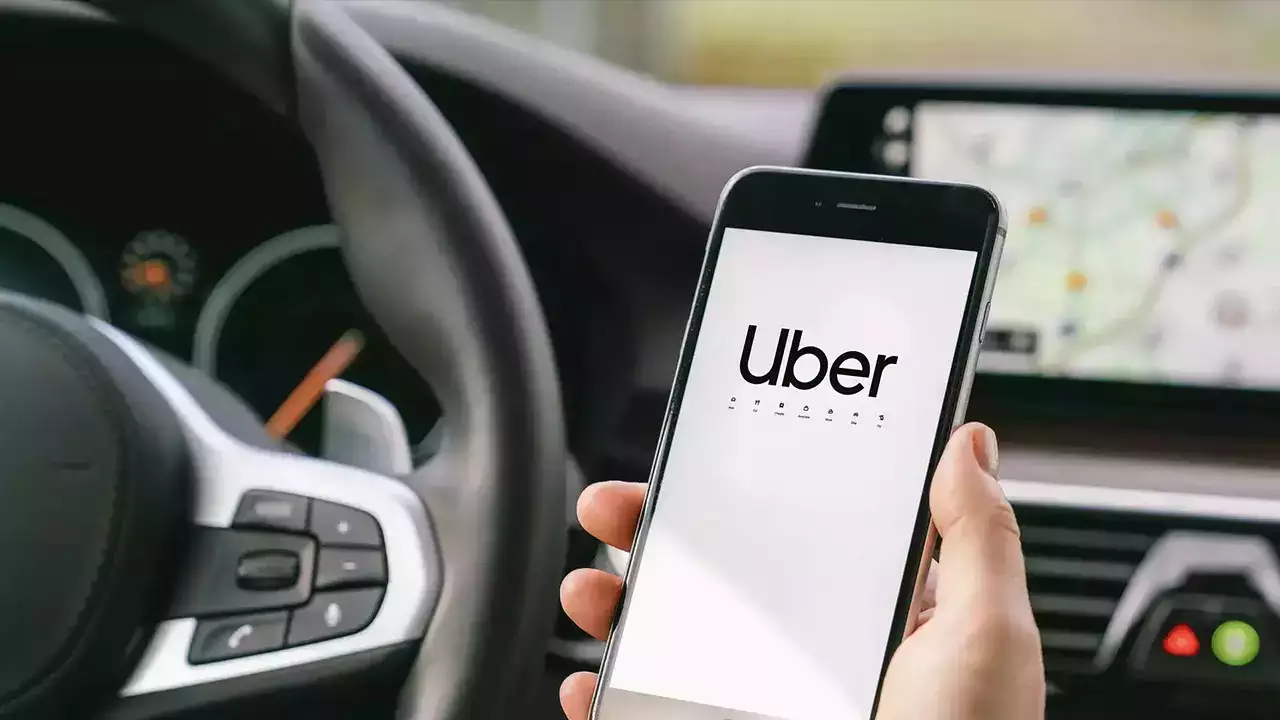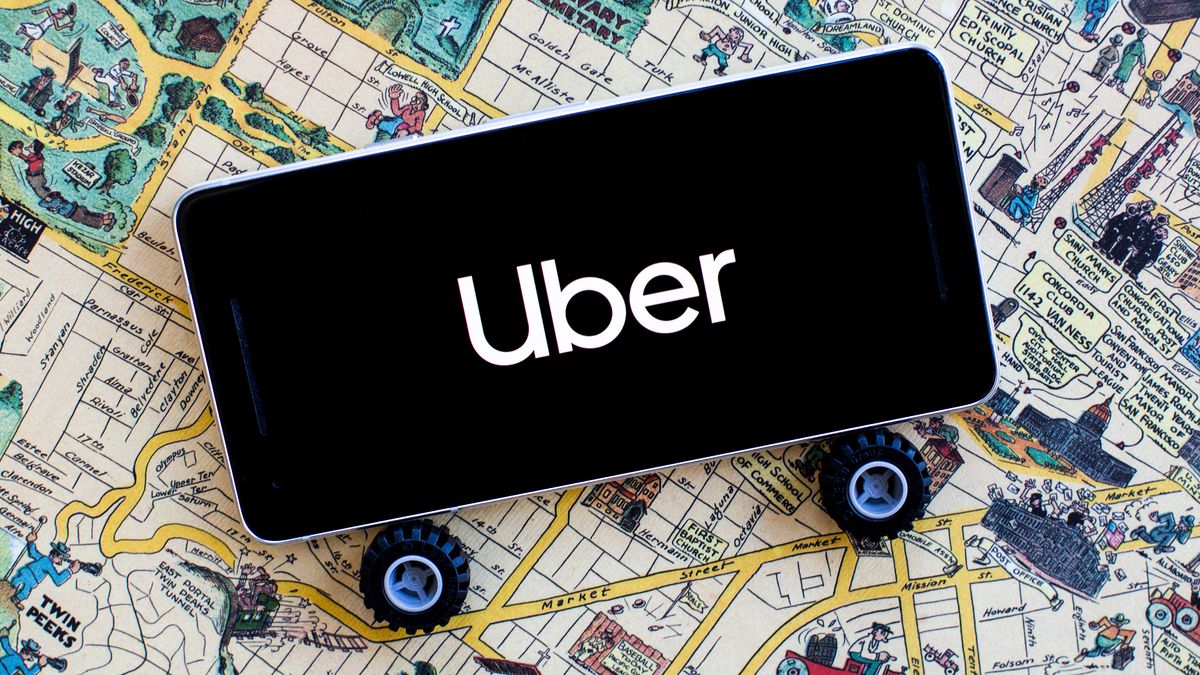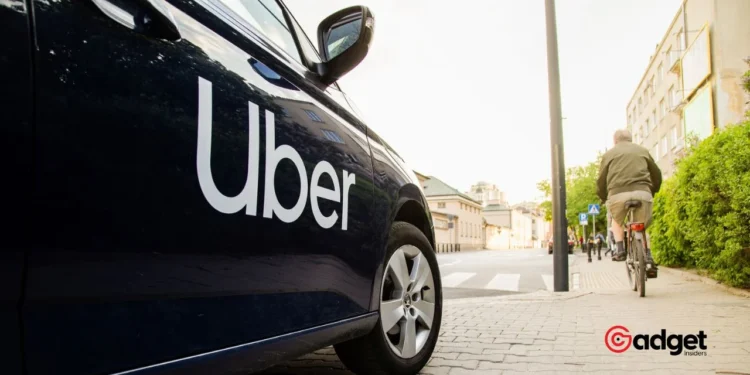In a bold move to expand its global footprint, Uber Technologies has announced its plan to acquire Delivery Hero’s Foodpanda business in Taiwan. This significant acquisition, valued at $950 million, marks one of the largest non-semiconductor deals in Taiwan’s history, underlining the strategic importance of the food delivery sector in the region.

The Implications of a Major Market Move
This acquisition is not just a routine business transaction; it represents a potential reshaping of the competitive landscape in Taiwan’s food delivery market. The deal, set to conclude by early 2025 pending regulatory approval and customary closing conditions, could see Uber and Foodpanda commanding an impressive 80% market share. This has raised eyebrows at Taiwan’s Fair Trade Commission, where Vice-Chair Chen Chih-min expressed concerns about market competition. “The approval depends on whether the companies involved in the merger abuse their power to hinder or exclude market competition,” Chen remarked, highlighting the critical scrutiny the deal faces.

Regulatory Challenges Ahead
The merger of two dominant players in any industry always invites rigorous regulatory review, particularly in a market as competitive as food delivery. Taiwan’s Fair Trade Commission is taking a cautious approach, considering the significant market share the combined entity would hold. This deal could set a precedent for how mergers and acquisitions are handled in the region, especially in sectors critical to everyday consumer needs.
Strategic Withdrawal from Pandamart
In a related strategic shift, Foodpanda has also announced the closure of its virtual supermarket, Pandamart, in Taiwan. Launched five years ago, Pandamart will cease operations by the end of the month, allowing Foodpanda to focus solely on optimizing its core delivery services. This move could be seen as a streamlining effort in anticipation of the merger, ensuring that the company strengthens its primary business line as it prepares to integrate into Uber’s extensive global network.
Join Dara and the brilliant @mariashriver for an uplifting conversation on the impact of human connection – and why we all need more of it. #GoGet #BetterTogether. Watch now 👇 https://t.co/ErYbyw2u2d pic.twitter.com/mgR1Dnk3Ox
— Uber (@Uber) May 15, 2024
A Look at the Bigger Picture: Delivery Hero’s Stronghold in Asia
The acquisition also highlights the significant role Asia plays in Delivery Hero’s global strategy. Generating $4 billion in revenue in 2023, which accounts for 36% of its total income, Asia remains a critical market for the Germany-based company. This deal could further enhance Delivery Hero’s profitability and market presence in Asia, even as it scales down some of its operations.

Uber’s Potential Foodpanda Acquisition: Reshaping Taiwan’s Delivery
If approved, this acquisition could fundamentally alter the dynamics of Taiwan’s food delivery market, potentially leading to improved service efficiencies and innovations due to the combined resources and capabilities of Uber and Foodpanda. However, the deal also raises valid concerns about reduced competition, which could affect pricing and service quality.
In conclusion, Uber’s proposed acquisition of Foodpanda in Taiwan is more than just a financial transaction; it’s a strategic maneuver that could redefine industry standards and competitive practices in the region. As both companies prepare for a potentially transformative merger, all eyes will be on the regulatory outcomes and the subsequent impacts on the market and consumers. This pivotal deal could indeed be a game-changer, setting the stage for a new era in food delivery services in Taiwan.










